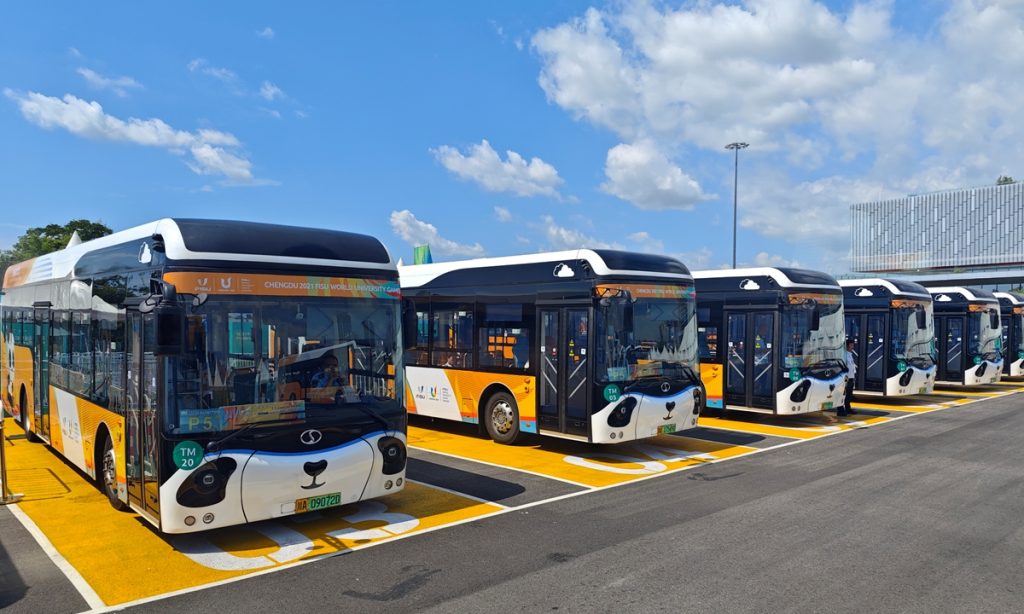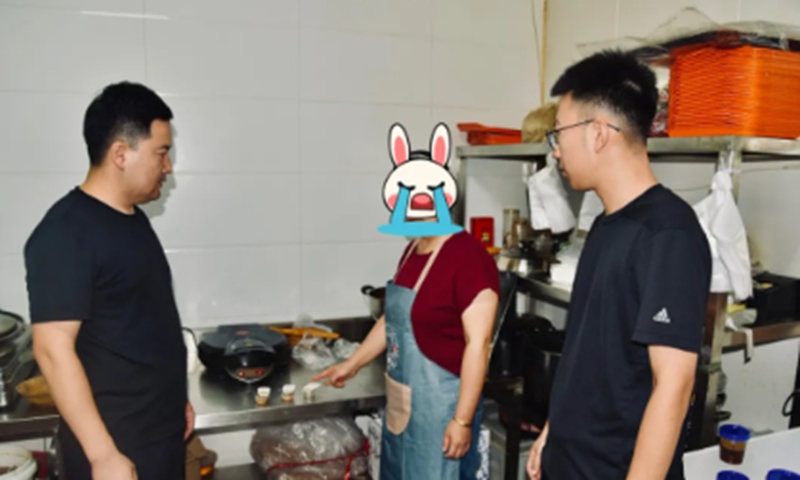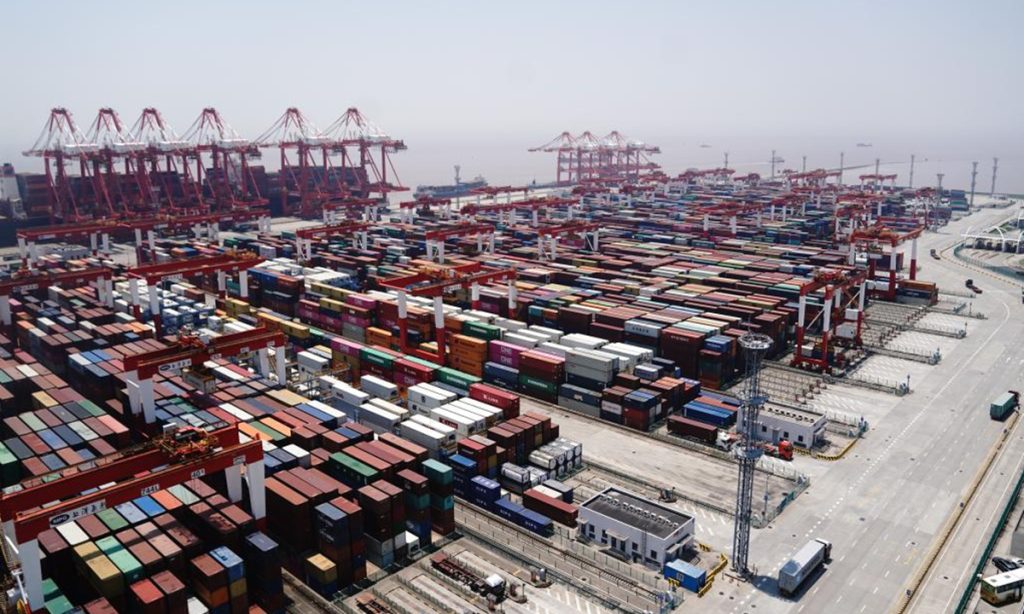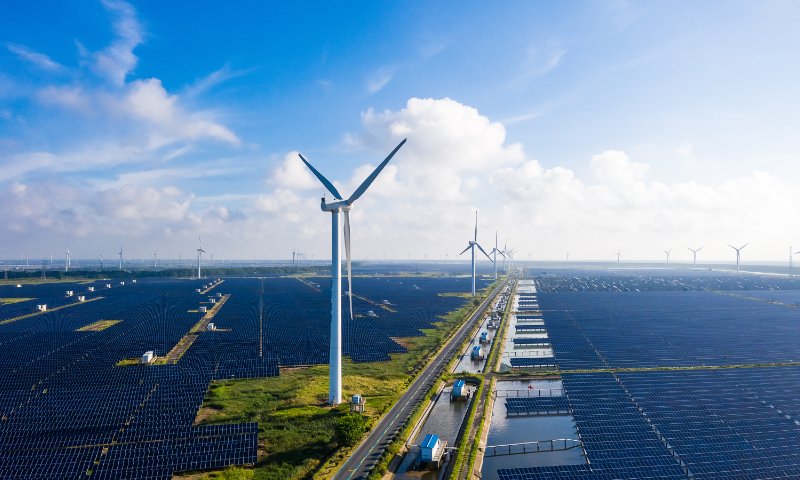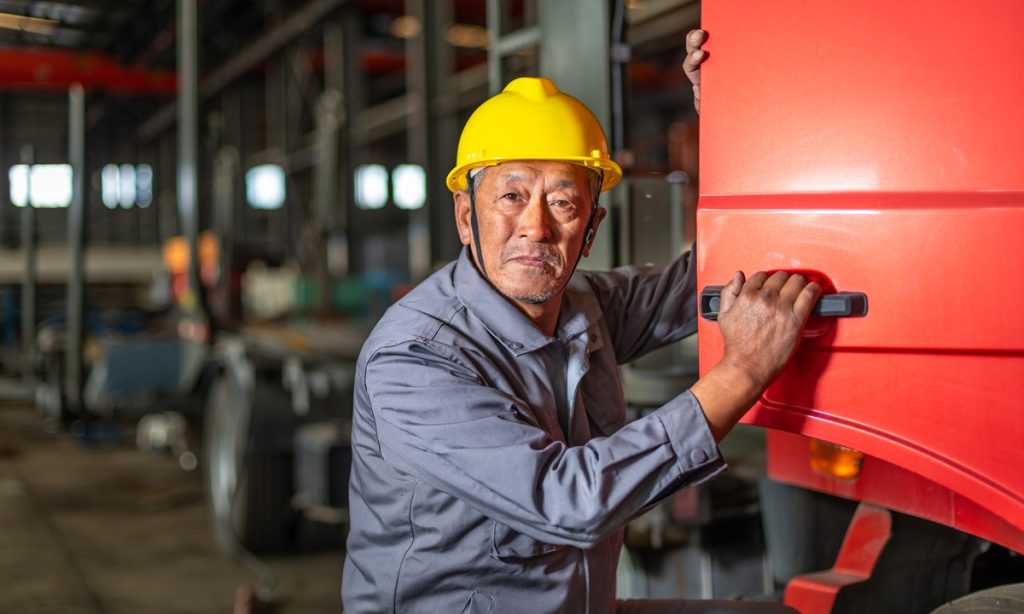Japanese PM Kishida to step down amid low approval rating
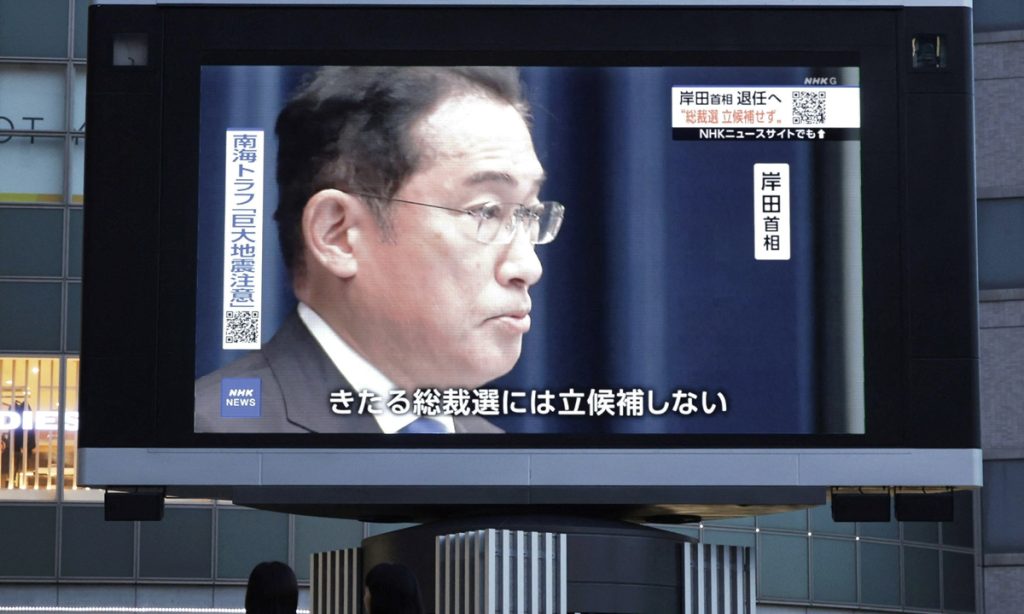
Japanese Prime Minister Fumio Kishida announced on Wednesday that he will not run in the upcoming Liberal Democratic Party (LDP) leadership race in September, paving the way for Japan to have a new prime minister.
The sudden announcement came as Kishida's Cabinet stepped up disaster preparedness after the weather agency last week issued its first-ever advisory warning of an increased risk of a megaquake along the Nankai Trough, running between central and southwestern Japan in the Pacific, according to Japan's Kyodo News.
"As a first step to impress on the public that the LDP has changed, I have decided not to run in the presidential race," Kishida said during a press conference at the prime minister's office, adding he had made the choice at a time when he is free of immediate diplomatic commitments.
Lin Jian, a spokesperson of Chinese Foreign Ministry, responded to the question about Kishida's announcement at Wednesday's routine press conference that "We have noted the announcement. This is Japan's domestic affair. We have no comment on it."
China and Japan are important neighbors. China hopes to work with Japan in the spirit of the four political documents between China and Japan to comprehensively advance the strategic relationship of mutual benefit and work to build a constructive and stable China-Japan relationship fit for the new era, Lin added.
Last month, the approval rating of Kishida's Cabinet edged up by only four percentage points to 21 percent in a weekend Mainichi Shimbun opinion poll, yet remained below the 30 percent mark for the 13th month in a row, Japanese media reported.
Liu Jiangyong, the vice dean of the Institute of Modern International Relations at Tsinghua University, told the Global Times on Wednesday that it will be difficult for a leader with a low approval rating to lead the LDP to victory in elections in 2025.
Liu emphasized that the decision by Kishida was likely driven by the potential political crisis that a failure in the general election could pose for the party.
Speculation on potential candidates has landed on a number of senior LDP lawmakers, including party Secretary-General Toshimitsu Motegi, Digital Minister Taro Kono, Economic Security Minister Sanae Takaichi and Foreign Minister Yoko Kamikawa, according to the Associated Press.
Future policy
No matter who becomes next LDP leader and new Japanese prime minister, he or she will likely continue with Kishida's China policy, Xiang Haoyu, a research fellow at the China Institute of International Studies, told the Global Times on Wednesday.
Traditionally, the faction Kishida leads has been known as the "dove faction," however, during three years when he was Prime Minister, Japan has adopted aggressive and hawkish policies in both security and diplomatic arenas, said Xiang.
Xiang added that Kishida administration has failed to form an objective and rational understanding of China and adopt a positive China policy. Instead, the exaggeration of the "China threat" has increased during his tenure, and Japan has increasingly flirted with the Taiwan question to interfere in China's domestic affairs. These actions have severely damaged ties with China, which is of great significance to Japan.
Xiang said the general political orientation toward China within the Japanese political circle and the LDP is basically the same, as there is a dominant negative attitude toward China and a consensus on balancing China and strengthening the US-Japan alliance.
Former Japanese Defense Minister Shigeru Ishiba on Wednesday reaffirmed his intention to run in the presidential election of LDP in September following Kishida's decision not to join the race. Ishiba, who is now on a three-day visit to Taiwan through Wednesday as the co-head of a six-member Japanese lawmakers' delegation, reportedly met with regional leader of Taiwan island Lai Ching-te.
The Taiwan question is at the very core of China's core interests. It bears on the political foundation of China-Japan relations and is a red line that must not be crossed, Chinese foreign ministry spokesperson Lin Jian said on Wednesday, calling on certain Japanese politicians to stop sending wrong signals to the "Taiwan independence" separatists.


